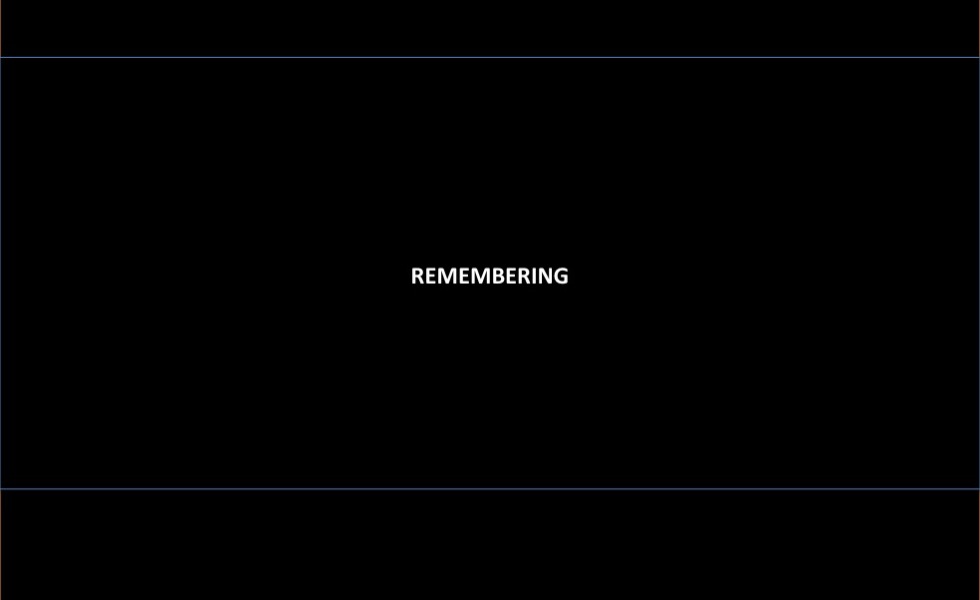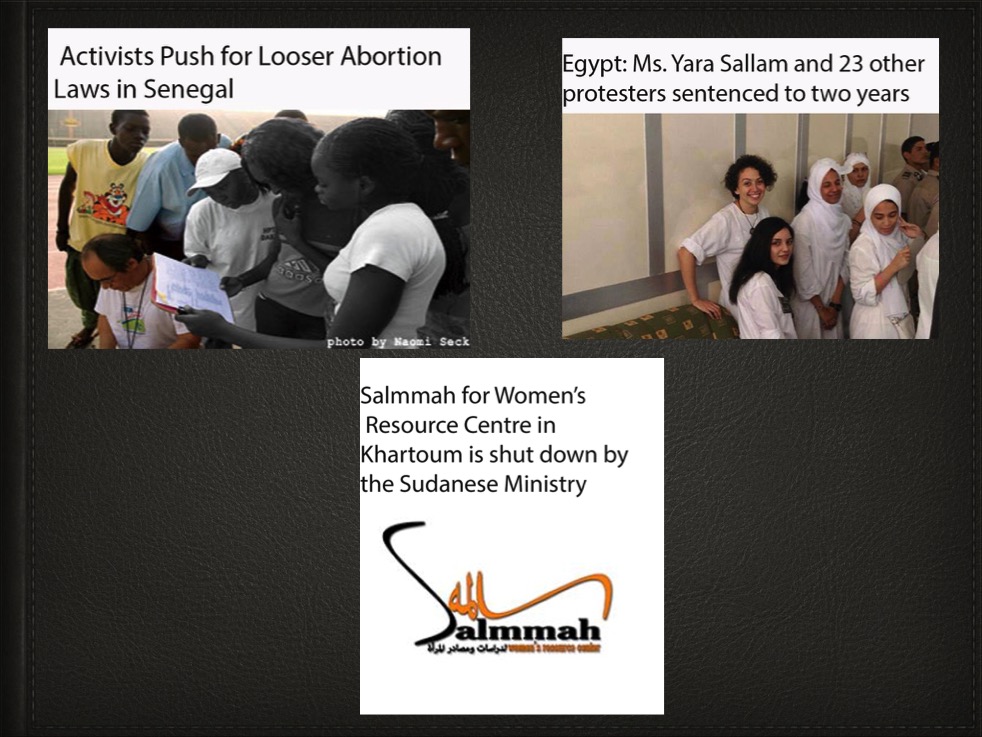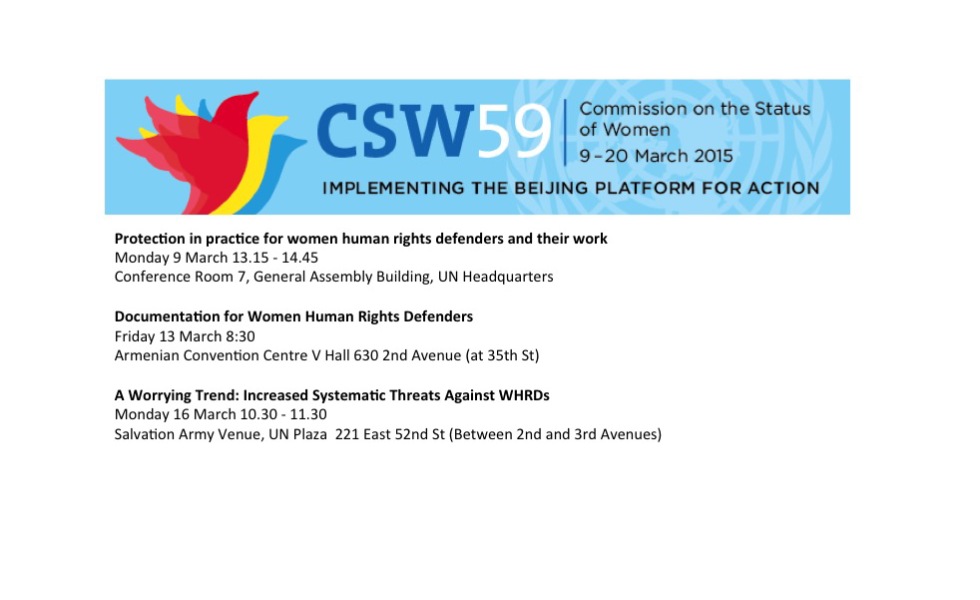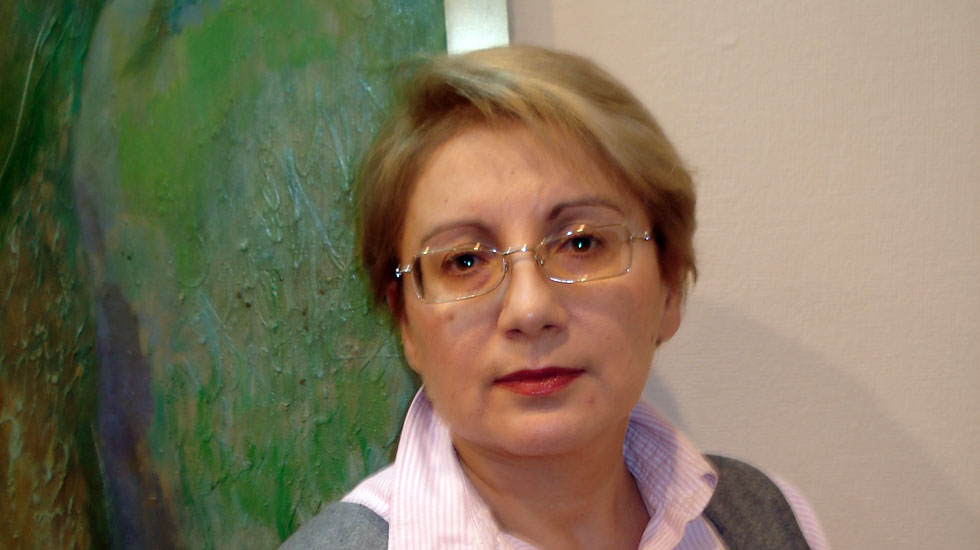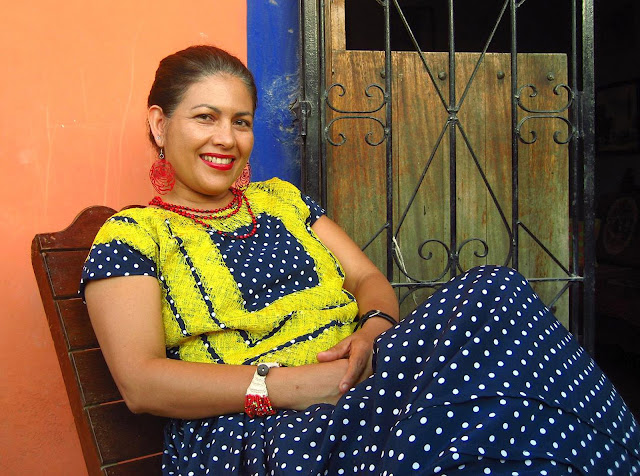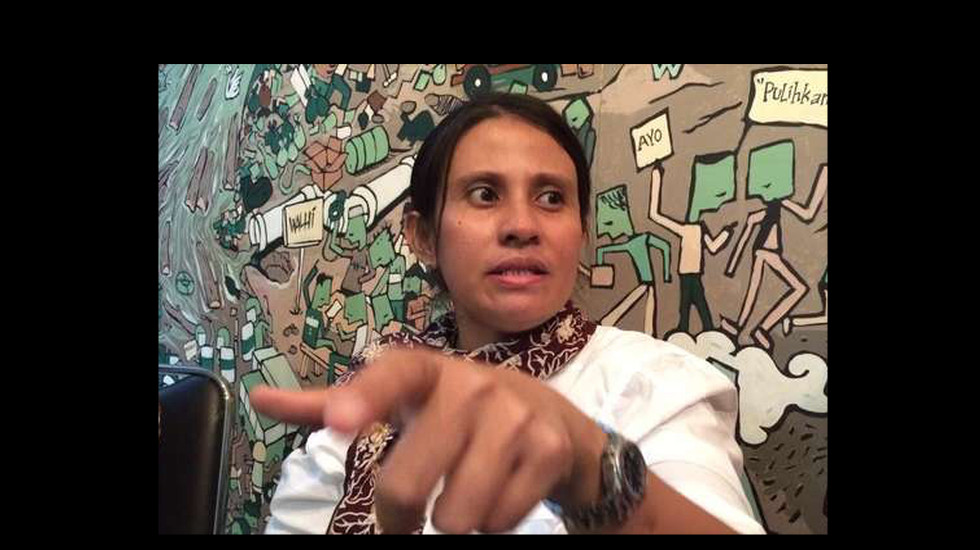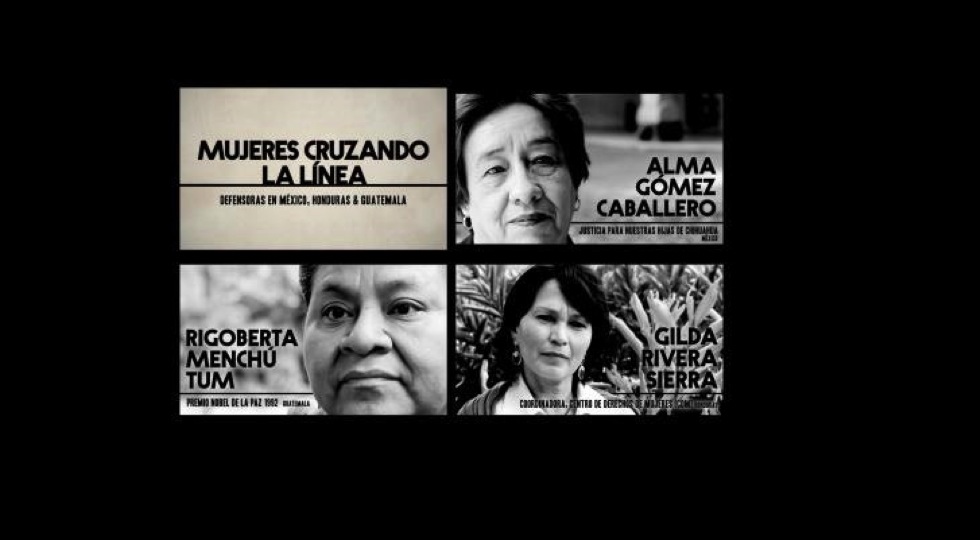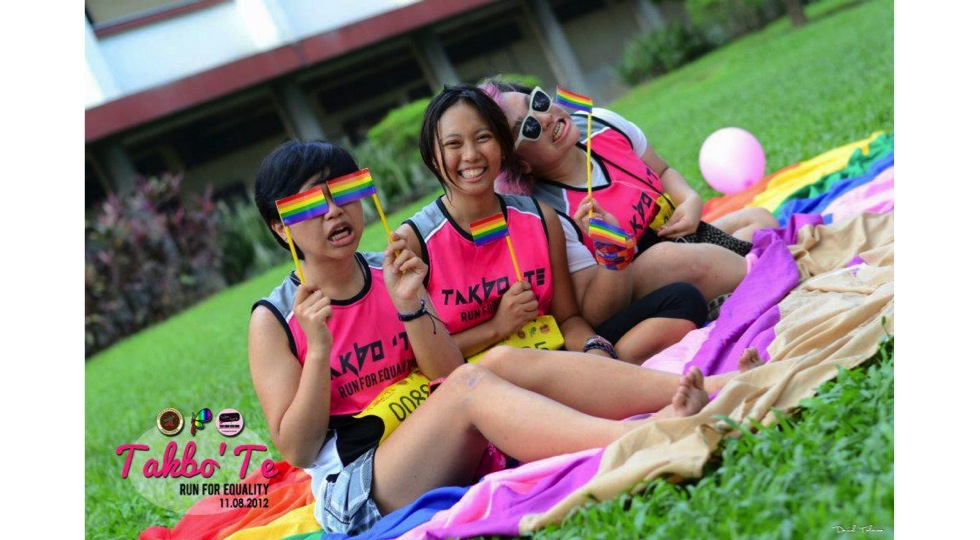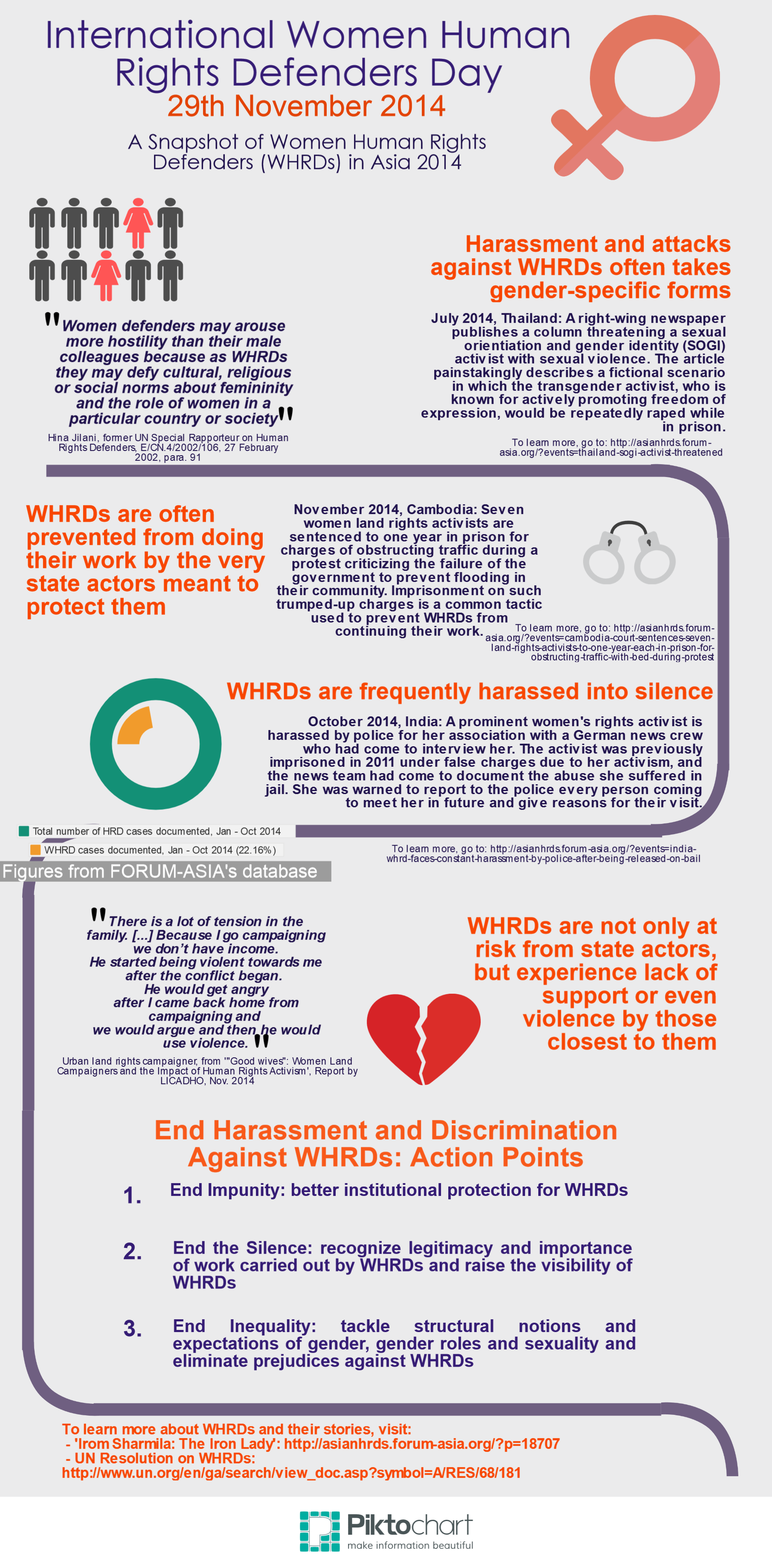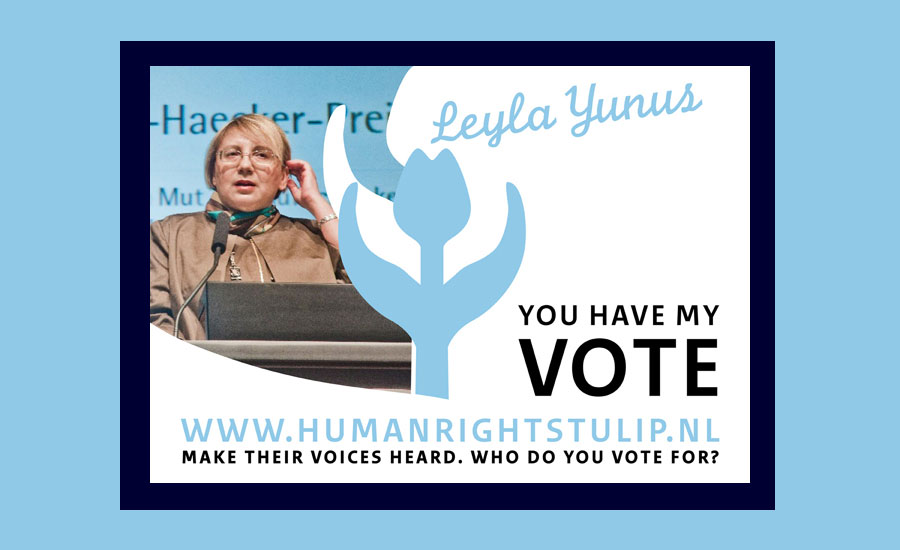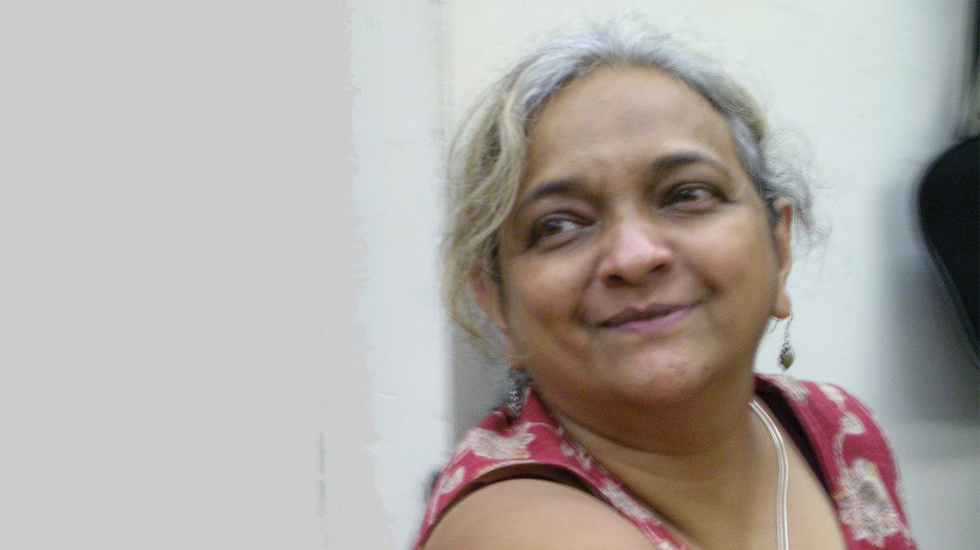
Join the WHRDIC at CSW59
Join the WHRDIC at CSW59. We are part of 3 events:
Protection in practice for women human rights defenders and their work
Monday 9 March 13.15 – 14.45
Conference Room 7, General Assembly Building, UN Headquarters
Learn more about the first ever UN resolution on the protection of women human rights defenders adopted by the UN General Assembly in December 2013, advances made since its creation and the obstacles to, and good practices in providing protection to defenders.
Sponsored by: Association for Women’s Rights in Development, Permanent Mission of Norway to the United Nations, Office of the High Commissioner for Human Rights, Permanent Mission of Tunisia to the United Nations (TBC), Amnesty International, International Civil Society Action Network, Just Associates, International Service for Human Rights and Women Human Rights Defenders International Coalition.
Documentation for Women Human Rights Defenders
Friday 13 March 8:30
Armenian Convention Centre V Hall 630 2nd Avenue (at 35th St)
Join the Women Human Rights Defenders International Coalition to talk about human rights documentation of and for Women Human Rights Defenders. We will discuss ‘good’ gender-sensitive documentation and explore key issues, challenges and politics of documenting our activism and the violations we face.
Sponsored by: Women Human Rights Defenders International Coalition, International Service for Human Rights
A Worrying Trend: Increased Systematic Threats Against Women Human Rights Defenders
Monday 16 March 10.30 – 11.30
Salvation Army Venue, UN Plaza 221 East 52nd St (Between 2nd and 3rd Avenues)
The event will provide a crucial opportunity to reflect on the key role that Women Human Rights Defenders are playing in the implementation of the Beijing Declaration and Platform for Action at the national level, as well as the countless restrictions and violations they face because of who they are and the work they do. The panel will also provide a venue to discuss concrete measures that states need to take at the national level to ensure effective protection for WHRDs and safeguard their rights to freedom of association, assembly and expression.
Sponsored by: Association for Women’s Rights in Development, MADRE, CIVICUS, Women Human Rights Defenders International Coalition, Amnesty International and Urgent Action Fund.
Update: Leyla Yunus situation worsens
Leyla Yunus’ daughter has updated the WHRDIC on her mother’s situation:
I have a horrifying news to share.
In February, my mum was told that if she does not sign the confession in treason, then my dad will suffer… they will torture him.
In the period of first three months of her pretrial detention, my mum was continuously exposed to beatings by her cellmates — many times in custody criminals — who were ordered by the authorities of Baku Investigative Detention Facility Kurdakhany to beat and repeatedly attack on my mum. My mum was also beaten by the prison major – Major F. Yaqubov. UN representatives, the mission that was visiting Kurdakhany prison saw my mum’s bruises.
On December 11, 2014, 6-8 prison workers entered my mum’s cell, dragged my mum out of her bed by her feet, pulled her out from the cell, and pushed her through cold prison corridor barefoot and then threw her inside punishment ward. Why? No, explanation was given.
My mum has been repeatedly put into punishment ward.
Humiliations and mockery with the help of criminals and prison guard. Criminals are threatening my mum with new beatings and attacks, because of her “treason” charge. And the prison guard — only men — are usually present in the process of undressing, when my mum is undergoing medical checkups, simultaneously they humiliate my mum.
Humiliations are constant. During the visit of German doctor, Doctor Rauf Agayev called my mum enemy of Azerbaijan and insulted her.
Deprivation of sleep. During whole pre-trial detention period, there was not a single calm night, when my mum could sleep. First, there were criminals in my mum’s cell, who kept on attacking, threatening and insulting my mum. Now, there are drug users, suffering from their drug addiction, who are making a lot of noises during nights.
My mum has been deprived of her crucial diabetic medicine, and now she is repeatedly deprived of her full parcels, from where prison authorities are taking out the necessary diabetic food.
There is no investigation going on. But the concrete and direct threats by Prosecutor Office have already been sounded. In February, my mum was told that if she does not sign the confession in treason, then my dad will suffer…
Good News! Court dismisses baseless charges against Bettina Cruz Velazquez
From WHRDIC member ISHR: After four years of a flawed judicial process, ISHR welcomes that the District Court in the State of Oaxaca in Mexico has ruled to acquit Lucila Bettina Cruz Velazquez of charges made against her. The charges relate to acts or omissions gravely affecting the ‘national consumption and national wealth’, and with illegally detaining individuals. They were brought in February 2012, but refer to incidents allegedly having occurred during a peaceful protest in April 2011.
Bettina Cruz Velazquez, a member of the Assembly of Istmo of Tehuantepec Indigenous Peoples in Defence of Land and Territory as well as the National Network of Women Human Rights Defenders in Mexico, has been working on behalf of her community to counter the impact of private companies which are establishing and operating wind farms in lands traditionally owned by indigenous communities in Tehuantepec. The projects were reportedly initiated without the free, prior and informed consent of the peoples native to the area.
‘Bettina Cruz Velazquez has faced intense security risks since February 2012 and has been subject to a long process of judicial harassment based on unfounded and baseless charges put forward by the Federal Electricity Commission’ said Ms Pooja Patel of ISHR.
The International Civil Society Mission to Mexico in November 2014 received many reports on the criminalisation of the work of human rights defenders and pointed specifically to vaguely defined legal provisions applied arbitrarily, such as the very charges faced by Bettina Cruz Velazquez. ‘Such judicial harassment amounts to stigmatisation of human rights work and opens the door for further acts of intimidation and harassment against them. Furthermore, the charges themselves aim at paralysing the work of Bettina and other defenders due to the time, resources and efforts required to face them’ said Ms Eleanor Openshaw, who represented ISHR at the Mission.
The case of Bettina Cruz Velazquez is considered emblematic as a number of other human rights defenders face similar patterns of judicial harassment in Mexico. ‘While her acquittal sends an important positive message that the rule of law has ultimately been upheld, it is time for the Mexican State to guarantee due process for all other human rights defenders facing apparently arbitrary charges, and take steps to prevent the criminalisation of activists’ stressed Ms Patel.
For more information, contact Eleanor Openshaw on e.openshaw@ishr.ch
– See more at: http://www.ishr.ch/news/mexico-court-dismisses-baseless-charges-against-bettina-cruz-velazquez#sthash.CBBcnDwx.dpuf
Good News! Indonesian WHRD Eva Bande released!
On the eve of International Human Rights Day (Dec.10) and during the global campaign for 16 Days of Activism, newly-elected Indonesian President Jokowi Widodo announced that he would give imprisoned land rights activist, Eva Bande,presidential pardon. Eva, a member of the JASS-inspired youth organization, FAMM-Indonesia, was imprisoned on and off since 2011 for peacefully organizing against national palm oil corporations’ extractive projects which were exploiting resources and displacing her community. FAMM-Indonesia and dozens of women’s rights organizations across Indonesia and Southeast Asia mobilized global support by leading social media campaigns, online petitions and solidarity marches to pressure the government to release Eva. “This is a source of strength for us. Our struggles, our months and years of campaigning for Eva Bande’s release finally paid off,” says Niken Lestari, national coordinator of FAMM-Indonesia. Eva was released on Dec. 19 and held a press conference on Dec. 20, “I am a local activist [working on] local issues. Granting a pardon [does not stop] cases of land conflicts in the region. The farmers are still struggling.”
Who is Eva Bande?
Eva Bande has been organizing against land grabs by corporations for years. Working alongside farmers and indigenous peoples, she led the fight against companies—PT Kurnia Luwuk Sejati (KLS) and PT Berkat Hutan Pusaka (BHP)—who were converting cacao land plantations into palm oil plantations in Sulawesi (an island in Indonesia). Despite the local government’s allocation of reforestation funds for these cacao lands, the KLS and BHP began seizing these lands by closing and destroying roads leading to the cacao plantations—eventually displacing the cacao farmers.
On May 26, 2011, Eva and hundreds of farmers led protests against KLS and BHP and demanded the repair of the damaged roads. When Eva tried to ease the escalating tensions, she was arrested for allegedly inciting people to act violently, which was not the case.
Fast forward to May 15, 2014. Eva who has been on parole for three years since 2011 was rearrested, along with two farmer leaders. In her seven months in jail, FAMM-Indonesia (or Young Indonesian Women Activists’ Forum) led local, regional and international campaigns to release Eva from prison on the ground that she was wrongly accused.
Criminalizing Activists Is a Trend
Elsewhere in Southeast Asia, women activists have had similar experiences. In Cambodia, Thailand and thePhilippines, hundreds of women are serving jail terms for protecting their territories against land grabs. Local and multinational companies are embarking on large-scale development projects, which not only displace people but also destroy the environment. Local governments often work hand-in-hand with these companies to exploit resources in the name of job creation and “development.”
In November, Kong Channtha, along with six other land rights activists from the Boeung Kak Lake community were arrested for blocking a road in Phnom Penh in a demonstration demanding respect for their land rights. Two pregnant peasant activists from the Philippines—Andrea Rosal and Maria Miradel Torres—were locked up for allegedly taking part in criminal activities. Both women were denied immediate medical attention which led to thedeath of Andrea’s two-day-old daughter and to Maria Miradel’s induced abortion.
Calls for Justice for Activists in Defense of Land and Territories
The increasing number of cases of violence against women activists and their arrests prompted JASS Southeast Asia to focus its annual One Day, One Voice regional campaign during 16 Days of Activism on these women. This year’s theme, “Justice for All Women Human Rights Defenders” honoured all the courageous women activists in prison through a series of art performances, media events, peace marches, dialogues, bazaars, film screenings, and lantern lightings in Cambodia, Indonesia, Myanmar, Thailand, Timor L’este and the Philippines.
Eva was one of the activists that JASS Southeast Asia and FAMM spotlighted and mobilized global support for. Eva was released on Dec. 19, while the other two farmers were released on bail. JASS and FAMM-Indonesia joined thousands of activists to welcome her. Eva’s release is living proof that with collective action, everything is possible.
This presidential pardon has given hope to other activists across Southeast Asia—that all women human rights defenders—those who have been jailed, forcibly disappeared, and killed—be given justice. In the meantime women’s rights groups will continue to organize and spotlight women activists who are being targeted for their justice work. Eva will continue to fight for the charges against the other two farmers to be dropped and for the rest of the 140 farmers and human rights activists, including agrarian activists, who are also in jail—to be released. As Eva wrote in a poem, “You silenced me with prison…but you can’t silence my soul, my struggle, my voice.”
This is an update by WHRDIC member JASS and also appeared at Protection International: http://protectionline.org/
Watch the short documentaries: Women Crossing the Line
The Women Crossing the Line mini-documentary series showcases the stories of brave and resilient WHRD from Mexico, Honduras, and Guatemala, developed by the Nobel Women’s Initiative in collaboration with JASS Mesoamérica.
Watch the first chapter: Defensoras in Mexico, Honduras and Guatemala
The second chapter is Women Crossing the Line: Breaking the Silence on Violence against Women in Honduras. In this 15 minute documentary we meet the strong and resilient women of Honduras working to shape a brighter future for their country. You can to hear Gilda and Beta speak about how women are mobilizing to promote peace and democracy in Honduras.
Finally, we have Women Crossing the Line: Defending Mother Earth. In Defending Mother Earth we meet women risking their lives to protect their communities against the negative impacts of mining operations in Guatemala. This is the third chapter of the 3 mini-documentary series that spotlights women Human Rights Defenders in Mexico, Honduras, and Guatemala.
Watch the Conversation with Arab WHRDs!
On Thursday, 20 November at 4 pm GMT leading Arab women human rights defenders Alaa Murabit (Libya), Sally Zohney (Egypt) and Atiaf Al-Wazir (Yemen) spoke at a web forum about the human rights situation in their region. Watch it now:
Featuring:
Alaa Murabit (Libya) – Founder, The Voice of Libyan Women, and Advisor to UN Women, at age 21 Alaa was – in the midst of the Libyan Revolution – listed by the Gaddafi regime as one of the “most wanted” women due to her activities. The Voice of Libyan Women organised the first ever International Women’s Conference in Libya.
Sally Zohney (Egypt) – Founding member of Baheya Ya Masr, an Egyptian women’s rights movement, Sally has been a active participant in Egyptian social movements since before 2011. Sally organises anti-sexual harrassment rallies and protests in Cairo, and was featured in a recent Front Line Defenders documentary on gender-based violence and harassment against Egyptian WHRDs.
Atiaf Al-Wazir (Yemen) – Co-Founder of the media advocacy group SupportYemen, Atiaf is a researcher and writer focusing on social movements in Yemen, gender dynamics, and the role of regional and international policy. Since the end of January 2011, she chronicled the Yemeni revolution on her blog with commentaries, videos, and photographs.
Viewers will be able to post questions to the panelists throughout the event. Following the broadcast, the video link will be available on the Front Line Defenders website (www.frontlinedefenders.org).
We hope to see you there!
VOTE NOW: support the nomination of Leyla Yunus for the Tulip Award
Leyla Yunus is one of Azerbaijan’s most prominent women human rights defenders. She is the founder and chair of Azerbaijan’s Institute for Peace and Democracy. Her work includes projects to protect political prisoners, defend women’s rights, combat torture, corruption, human trafficking, and property rights violations, as well as monitoring court proceedings.
VOTE NOW in the Tulip Award: http://www.humanrightstulip.nl/candidates-and-voting/leyla-yunus
Leyla Yunus has been in prison since 30 July, when she was arrested on trumped up charges of treason as well as other crimes. The Nasimi District Court subsequently sentenced Dr Yunus to three months pre-trial detention, although it did not explain the basis for the charges. In prison, she has suffered violence from her cellmate and her health is deteriorating.
Leyla also finds hersef separated from her husband who is also detained. Read about their story of love and activism in the Guardian profile, Together a lifetime, Azerbaijan couple now separated in jail.
Remembering Sunila Abeysekera (1952–2013)
Is it really a whole year since we lost Sunila Abeysekera? She remains such a strong presence in the global feminist movements, a shining light and inspiration for all of us. Feminist activist, women’s rights and human rights activist, peace builder since the early 1970s, she is remembered and celebrated by countless people whose lives she touched.
Sunila was awarded the UN Human Rights Prize in 1998 for her tireless defence of human rights and for her peace-building efforts in her home country of Sri Lanka. Her much deserved international acclaim did not keep Sunila from continuing her activism in grassroots feminist initiatives. Sunila was first and foremost a feminist activist, an organizer and a catalyst in local, national, regional and global feminist and other social movements.
From the very beginning of her activism, Sunila was aware or the importance of information and communication in empowering women. She was a founding member of the Women and Media Collective in Colombo, Sri Lanka and founder of INFORM Human Rights Documentation Centre.
The story of Sunila’s early activism and emergence as a feminist is a part of the legacy she left to all of us. It also makes for fascinating reading: In “We were Feminist First” Kumudini Samuel writes about “Sunila’s contribution to catalyzing the activism of the nascent feminist/women’s movement of the early 1980s and the feminist theorizing she encouraged to underpin this activism.”
Sunila was a consummate networker. She brought feminist activists together. She participated in and contributed to so many women’s organisations. Isis International is one of them. She had a long and active association with Isis International and was a member of the Isis International Board of Trustees from 1998 – 2001. She was also a good friend, one of those with whom you could take up where you left off even after a long absence.
“Sunila was a consummate networker. She brought feminist activists together.”
Sunila wrote for Isis International many times over the years. We would like to share with you some of her writings:
In “Voices of Women: Media Alternatives in Sri Lanka” (1984), Sunila presciently wrote “the development of alternative forms of communication is a must for the growth of the women’s movement”. The publication in which it appeared was itself an epitome of alternative communication in its time. It was a collaborative action by three feminist organizations: Isis International, the Pacific and Asian Women’ Forum network (PAWF) and the newly-founded feminist publisher Kali for Women. The publication, Isis International Journal “Women and Media: Analysis, Alternatives and Action” was edited by Kamla Bhasin and Bina Agarwal with contributions from feminist organizations in Bangladesh, India, Malaysia, Pakistan and Sri Lanka. It was printed in India by Kali for Women.
Sunila’s life-long work as a peace activist was built on a deep understanding of the complex situation of the long civil war in Sri Lanka and its effects on women of different ethnic backgrounds, both as victims and as protagonists and peace builders. Her analysis “Women and Peace in Sri Lanka” was published in Isis International’s journal “Women in Action” (WIA 3:1999).
In “Are You Proud Being You? A Discussion on Racism, Prejudice, Discrimination and Women” (WIA September 2001) Sunila wrote: “In May 2000, at the Isis office in Manila, we began a conversation about ourselves and our feelings about all the different expressions of identity and identity-based political formations that we were experiencing throughout Asia. We wanted to become more aware of the issues at stake as we moved into different forms of involvement and activism around the World Conference Against Racism (WCAR) which is due to be held in South Africa in 2001. At the same time, it was clear that achieving a more sophisticated understanding of these complex issues would help us in the work we do around women in conflict situations, who are often caught between their identities as individuals and as members of tribes and communities…”
Sunila analysed “Shifting Feminisms: From Intersectionality to Political Ecology” in Women in Action. (WIA 2007/2 Feminist Political Ecology)
Her article on “Social Movements, Feminist Movements and the State: A Regional Perspective” is placed within the wider context of the global feminist movements. (WIA 2004/2 Examining Feminist and Social Movements)
During a rare free moment, at Sunila’s home in Colombo, Sri Lanka in 2004, Sunila Abeysekera and Marilee Karl sat down together to reflect on concerns about gender mainstreaming in the women’s movement. The result was the article “Gender Mainstreaming: An Obsolete Concept?: A Conversation between Two Long-Time Feminist Activists”, published in Women in Action (WIA 2004/2). Ten years later, it is still very relevant.
This represents just a very tiny sample of Sunila’s enormous contributions to global feminist and social movements and the many other organisations she with which she worked. Her impact lives on in the hearts and work of so many. We love you, Sunila!
This post originally appeared at Isis International and has been re-published with permission.
Marilee Karl co-founded Isis International in 1974 and is an honorary member of the Board of Trustees.
 Women Human Rights Defenders International Coalition
Women Human Rights Defenders International Coalition